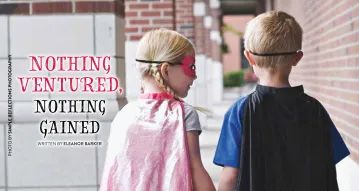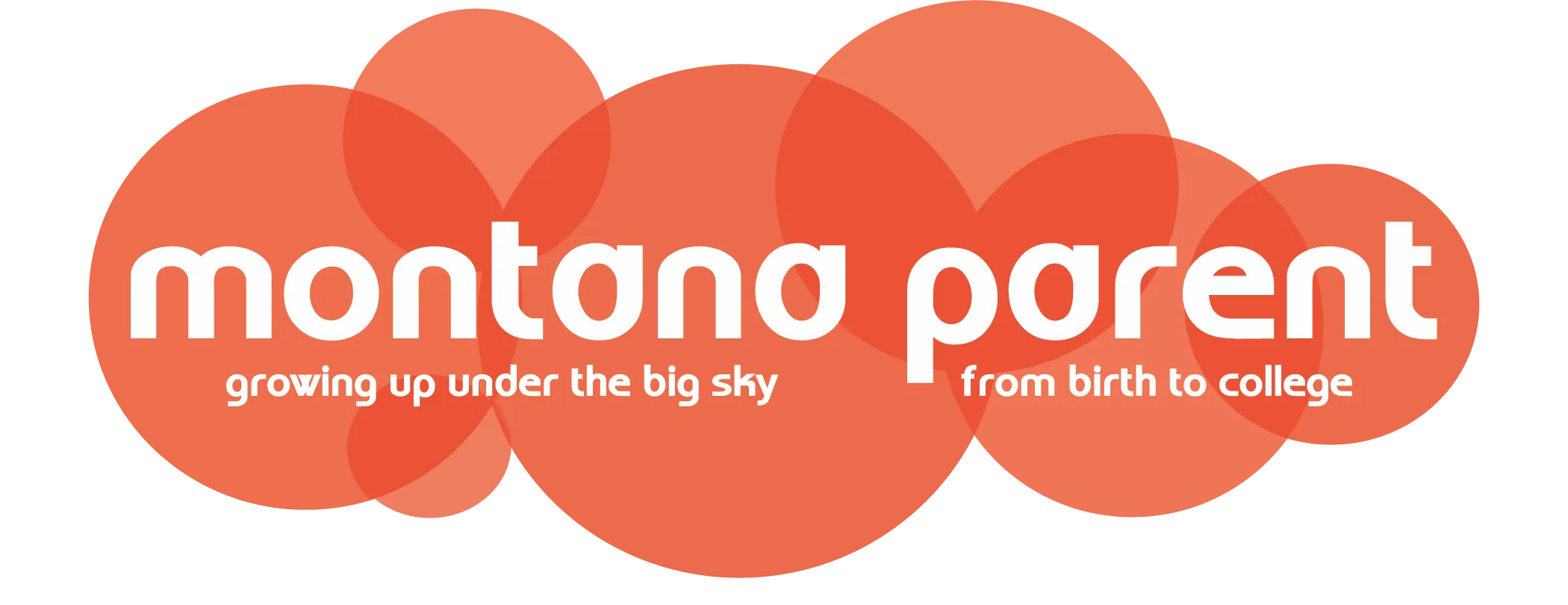Nothing Ventured, Nothing Gained
February 09, 2016
Posted By: Shaunescy

WRITTEN BY ELEANOR BARKER
“Here, honey, let me help you with that.” How many times do you think I’ve said that? Hundreds? Maybe even thousands. It’s the mantra of every mom and dad, and it reveals a perfectly natural impulse: We want to shield our kids from struggle, protect them from injury and make sure they’re on the right path. But kids learn how to do things right by doing them wrong. Making mistakes, and learning from them, are essential ingredients in the development of what psychologists call “cognitive competency.” Physical risk-taking has been shown to pay developmental dividends for kids – but intellectual risk-taking is a little harder to implant. Kids need room to conjure ideas, craft solutions to problems, develop plans and execute them. And they’re not very good at these tasks – precisely because they lack practice. They simply haven’t been around long enough. But parents can help them along the road to cognitive competency by following one simple rule: embrace failure.
As parents, that means we have to absorb a lesson that some folks have known for years: failure is productive. I’m sure you’ve all seen Mythbusters. It’s that nutty show where Adam and Jamie set up elaborate experiments to test common assumptions, often with catastrophic results. But they learn just as much from what goes horribly wrong as they do from what goes off without a hitch – and maybe more. The Mythbusters know that in order to succeed, they need to welcome failure. They’re not afraid to try, fail, try smarter, fail better – on and on until they achieve success. (All you scientists, tinkerers, engineers and builders out there know what I’m talking about.) They’re not devastated by failure, they’re emboldened by it and they use their failures to help them make smarter choices.
How can we help our kids embrace failure while protecting them from painful consequences? In short, we can’t. Setbacks are an essential ingredient in the learning process. But what we can do
is encourage our kids to be independent thinkers and creative problem solvers. We can arm them with the skills they’ll need to extract lessons from failures. We can teach them to pick themselves up and dust themselves off, to roll with the punches. And to do that, we may just have to step back every now and then, and let the chips fall where they may.
Nurture Enquiring Minds
1. Ask thought-provoking questions. Why is the sky blue? You don’t need to know the correct answers in order to brainstorm possible solutions.
2. Research answers together. Let’s find out! It’s OK to let your child know that you don’t know. It’s a great opportunity to show her how to find an answer: in a book, at the library, on the Internet (with supervision, of course).
3. Make a mess. What do you think will happen if we leave this apple on the windowsill for a while? Making predictions and comparing them with outcomes is how many great scientific discoveries are made.
4. Discuss setbacks calmly. Why do you think that happened? Examining where things went right – and how they went wrong – is vital to understanding failure.
5. Encourage strategic thinking. How do you think you could avoid this next time? Let him come up with his own strategies for success and implement them. It’ll empower him to take ownership of his mistakes and gain confidence in his ability to craft solutions.
_____________________
Eleanor Barker is the Executive Director of the Children’s Museum. In her spare time, she can be found burning dinner, dropping stitches, falling off her bike and learning from her mistakes.














